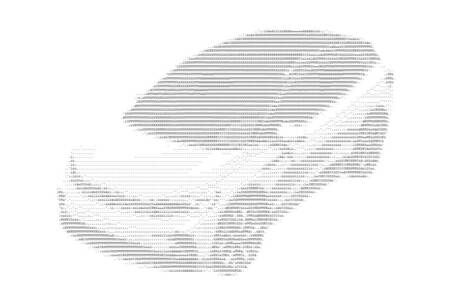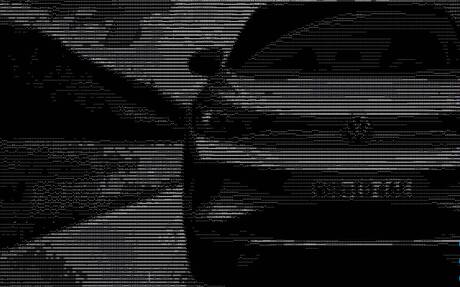Volkswagen Wants to Reduce the Carbon Footprint… of the Internet?
Like most automakers, Volkswagen is slowly but surely transitioning to electric vehicles in a fight against climate change. As part of a strategy called “Be the change,” the company wants to go beyond the automobile and become fully carbon neutral by 2050.
But for people to change their habits and adopt EVs such as the upcoming Volkswagen ID.4, awareness needs to be raised. This is why a new initiative was launched this week to tackle the carbon footprint of the internet.
- Also: Volkswagen ID. BUZZ Won’t Come Here Until 2023
- Also: Confirmed: Volkswagen ID.4 Matches Its Estimated Range
Here’s something you probably didn’t know: the average website produces 1.76 grams of CO2 per page view, meaning a site that gets just 100,000 monthly page views generates a whopping 2,110 kg of CO2 per year—the same amount produced by 87 barbecue tanks.
Even more surprising, according to analysis firm Website Carbon, the use of the internet accounts for 4 percent of global CO2 emissions—as much as the airline industry before the pandemic.
If you go on Volkswagen Canada’s website, you now have the option to learn about its electric vehicles through a sustainable web experience. The pages have been reduced to their simplest form with little more than black and white text—even the images. As a result, it takes less energy to transfer data over the internet, effectively lowering the digital carbon footprint.

Website Carbon calculated that this section of the website is cleaner than 99 percent of pages tested. Think about that.
When is the Volkswagen ID.4 Coming Up?
Set to rival models like the Ford Mustang Mach-E, Tesla Model Y and Nissan Ariya, the Volkswagen ID.4 will launch in Canada early this summer as a 2021 model, with pricing to be announced just before that.
It will be available in RWD and AWD variants, each one boasting an 82-kWh battery and “the soul of a Golf GTI.” The former generates 201 horsepower and sprints from 0-100 km/h in just under eight seconds, while the latter puts out 302 horsepower and reaches triple-digit speeds in under six seconds.

In the U.S., the Environmental Protection Agency (EPA) has just completed its tests and rates the vehicle at 402 kilometres of range. Expect Natural Resources Canada to mirror that figure.
When the time comes to charge the vehicle, 38 minutes will suffice to bring the battery from 5-80 percent using DC fast charging (up to 125 kW). Incidentally, as is the case with the Audi e-tron, Volkswagen ID.4 customers will get at least two years of complimentary charging at Electrify Canada stations.
